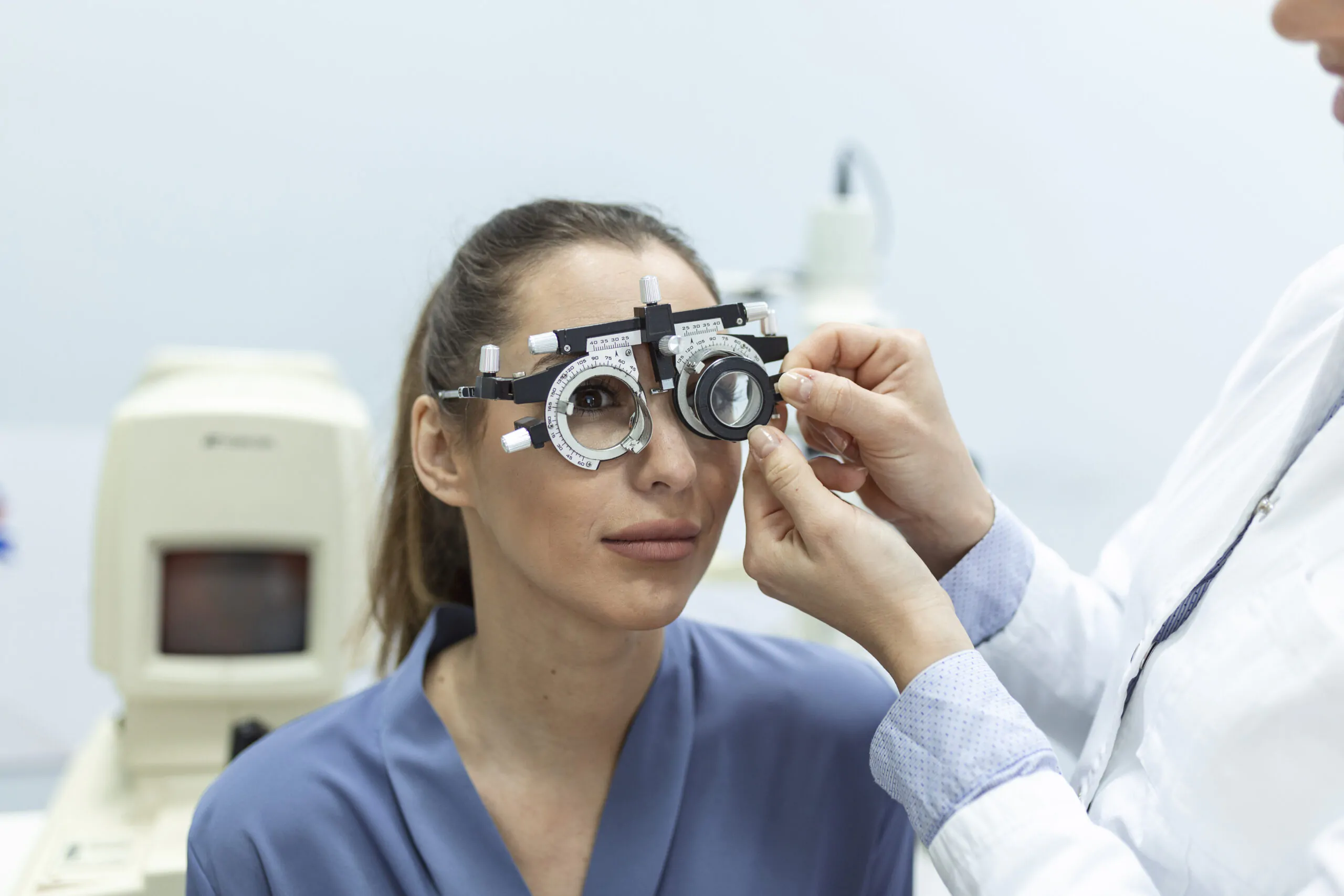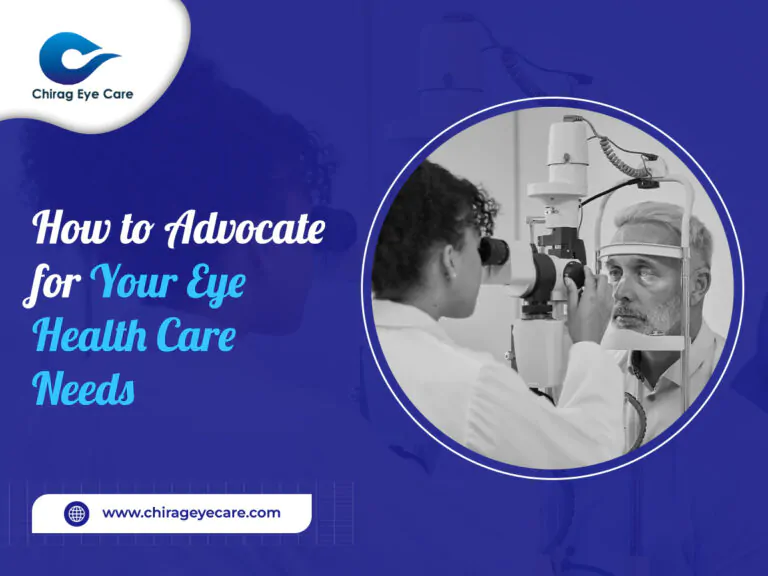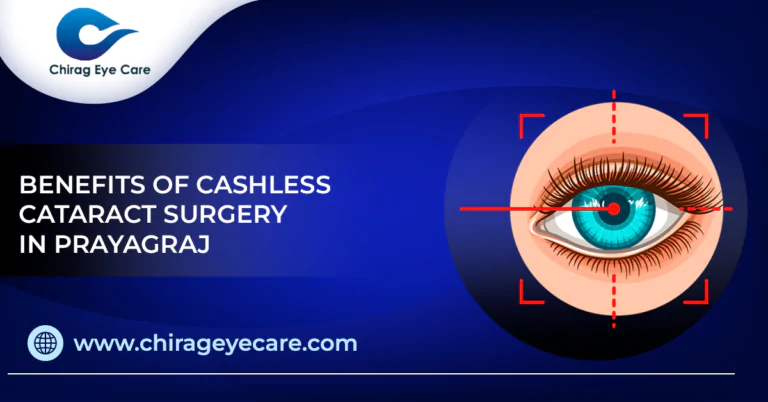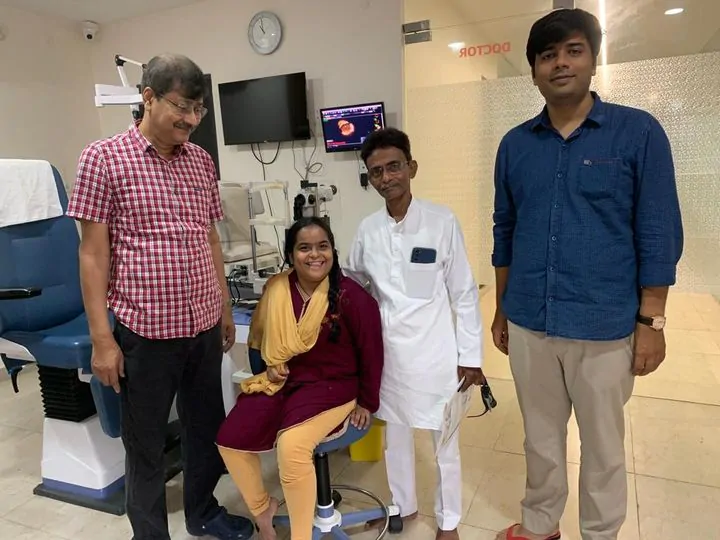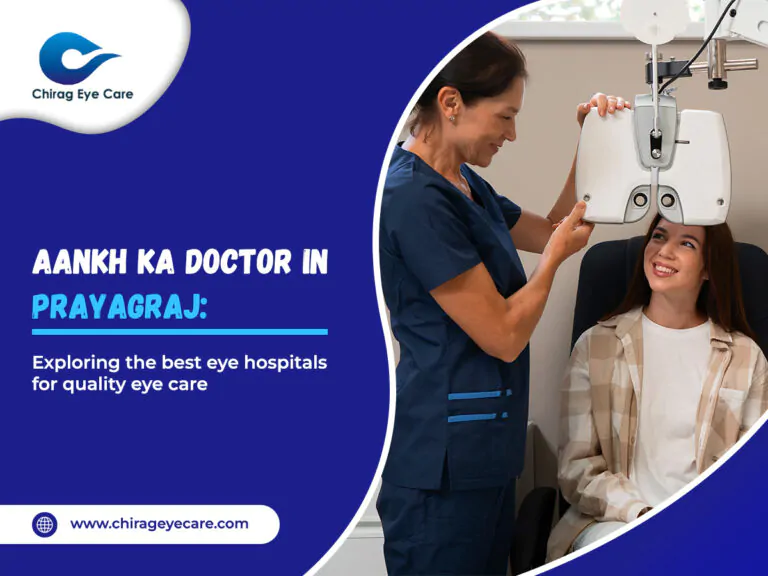The Importance of Regular Eye Exams: A Guide for Patients
When it comes to maintaining good overall health, many individuals often overlook the health of their eyes. Regular eye exams are an essential part of preventive care and can help detect any potential issues early on. In this blog, we will explore the importance of regular eye exams and why they should be a priority for every individual.
Early Detection of Eye Conditions
Regular eye exams play a crucial role in the early detection of eye conditions. These exams involve a comprehensive evaluation of your ocular health, including tests for vision acuity, eye coordination, and the detection of potential diseases or abnormalities. By detecting eye conditions such as glaucoma, cataracts, or macular degeneration in their early stages, your eye care professional can develop a treatment plan to help manage these conditions and prevent further vision loss.
Vision Correction
Eye exams are also an opportunity to assess your visual acuity and determine whether you need visual correction. Many individuals are not aware that their vision has diminished until they undergo an eye exam. Prescription glasses or contact lenses can significantly improve your quality of life by enhancing your visual clarity and reducing eye strain. Regular eye exams ensure that your vision correction prescription is up to date, allowing you to see the world around you with optimal clarity.
Eye Health and Overall Health
Did you know that your eyes can provide valuable insights into your overall health? During an eye exam, your eye care professional may detect signs of systemic conditions such as diabetes, high blood pressure, or even certain types of cancers. By identifying these early warning signs, your eye care professional can coordinate with other healthcare providers to ensure that you receive the necessary medical attention and treatment.
Protecting Your Vision
Our eyes are exposed to various environmental factors that can potentially harm our vision. Regular eye exams allow your eye care professional to evaluate the effects of factors such as UV exposure, digital device usage, and overall eye strain. Through these exams, your eye care professional can recommend preventive measures, such as the use of sunglasses, blue-light filters, or implementing breaks from digital screens, to protect your eyes and maintain optimal vision health.
Conclusion
Regular eye exams are not only essential for maintaining good eye health but are also vital for overall well-being. By detecting potential eye conditions early on, correcting vision problems, and monitoring your eye health, regular eye exams can significantly contribute to preserving your vision and preventing further complications. Don’t neglect the health of your eyes – schedule regular eye exams and take proactive steps to care for your vision. Remember, your eyes are not just the windows to your soul, but also the gateway to your overall health.

